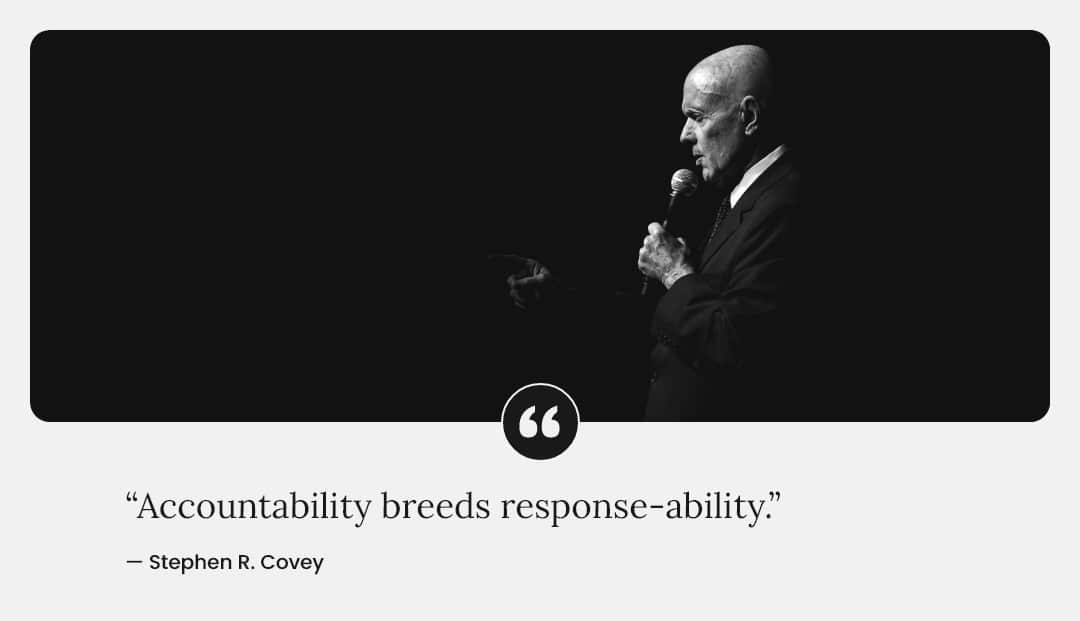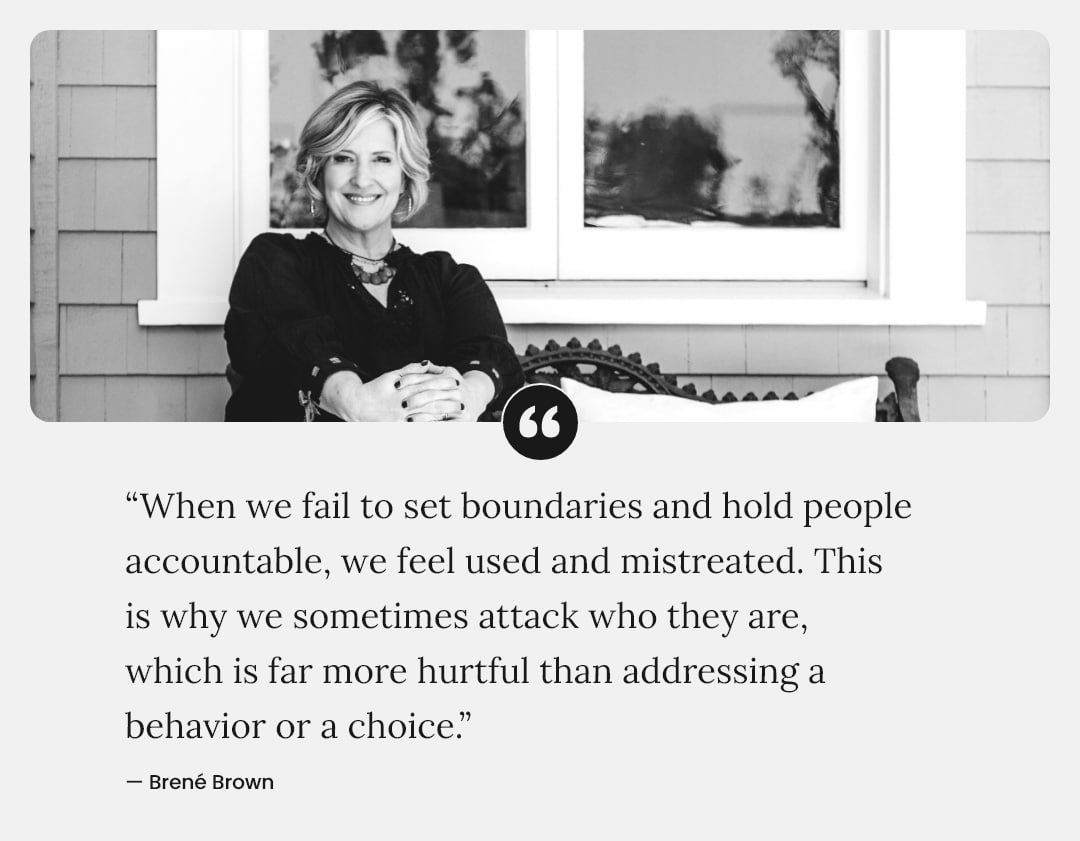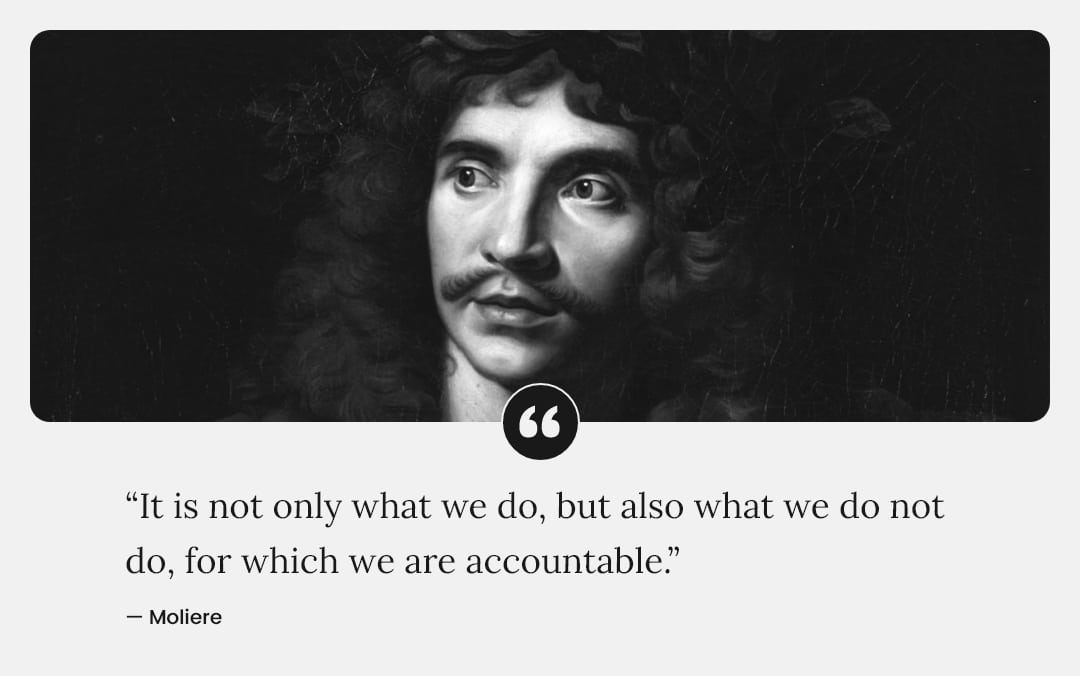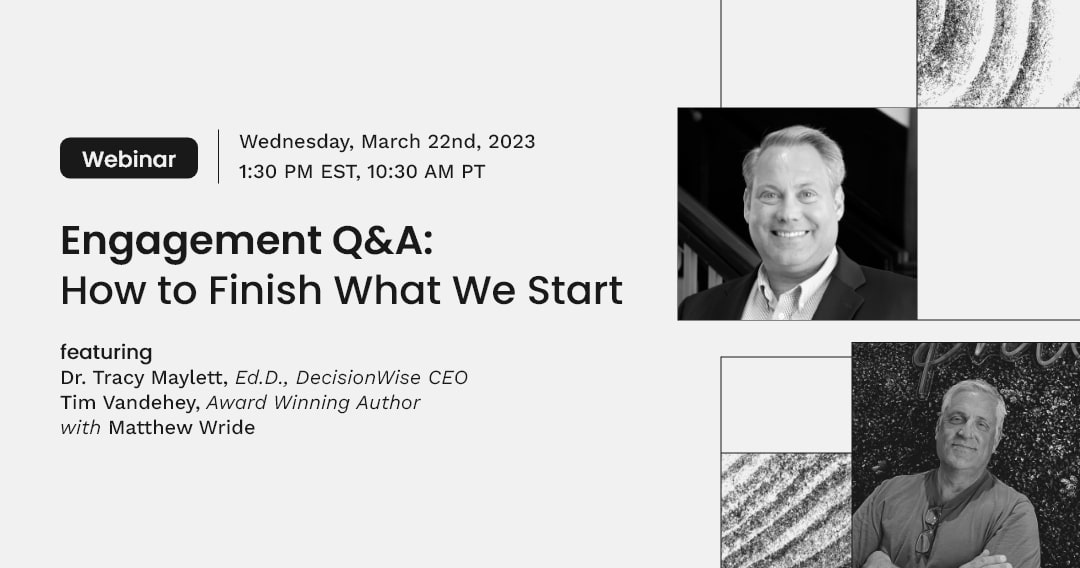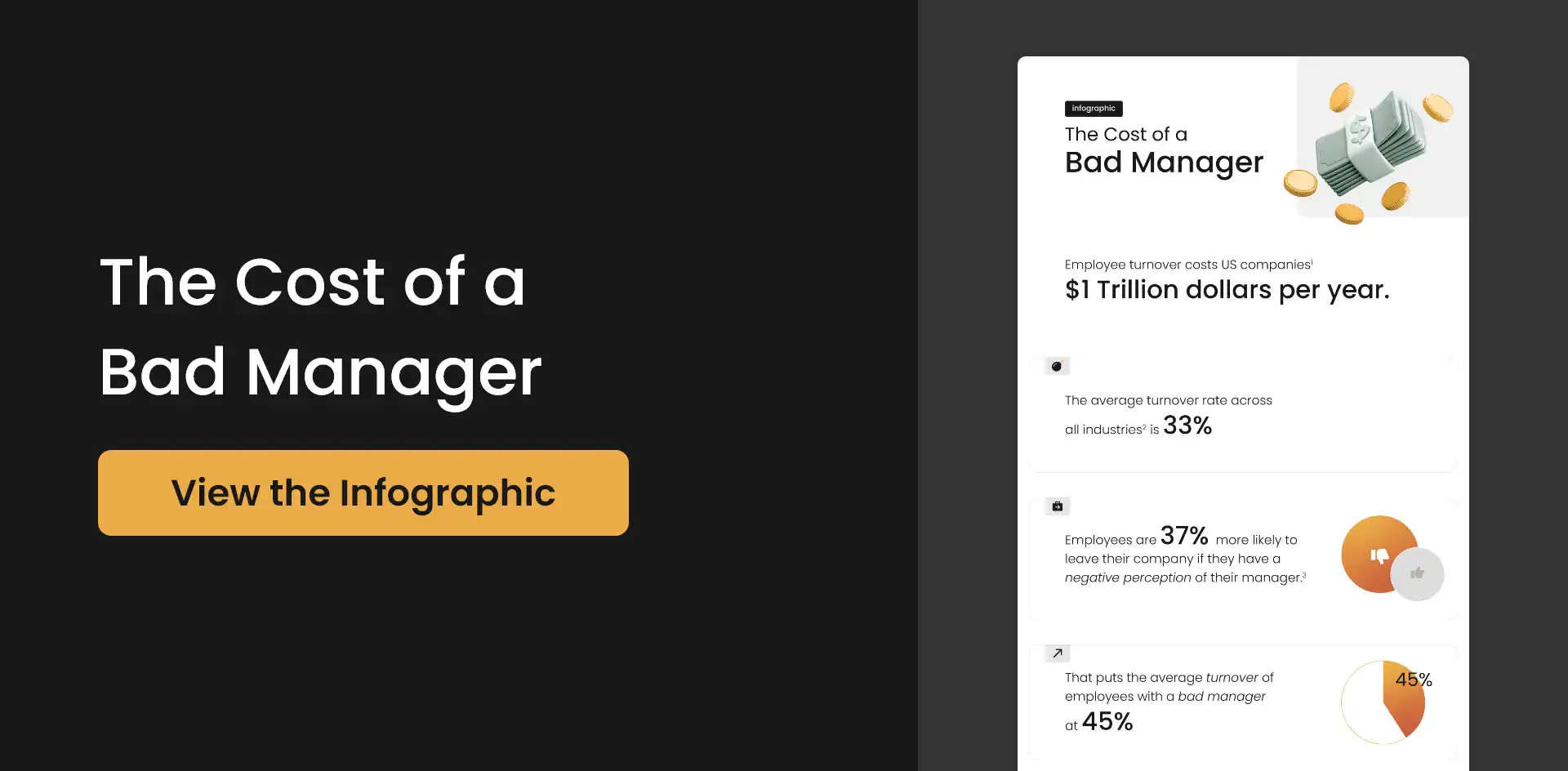Tidbits
Today’s digest will focus on accountability. Here are a few thoughts to start off.
Today we are changing things up a bit. Our featured discussion spotlights a case study that drives home the importance of accountability.
This case study comes from Lynn G. Robbins, the co-founder of Franklin Quest Company, which eventually became Franklin Covey, a well-known company that offers corporate seminars and trainings.
In the early days, their seminars relied heavily on printed training materials that were shipped to the seminar site for use by the participants. Robbins oversaw the distribution centers that shipped the printed materials prior to seminar events. However, these centers were constantly experiencing errors such as shipping delays, insufficient quantities, missing materials, and so on.
Of course, distribution center employees usually had good reasons for their difficulties, such as the seminar presenters filling out the order form incorrectly or the shipping company being two days late from the expected delivery date. But, one day, an important client purchased training materials for its top fifty executives. This was a pilot, and if it went well, Franklin could expect several significant follow-on sales.
When it came time to run this pilot seminar, they discovered that the guidebooks were missing for the seminar participants, which really took away from the experience. The client was furious and threatened to stop doing business with Franklin – a million-dollar customer!
Robbins knew he had to find a way to solve the shipping errors. His solution was to establish an incentive compensation plan to combat the blunders and drive absolute accountability. For each seminar that was shipped correctly, employees would receive a small bonus, which would add up to several hundred dollars a month. However, if they made even one error, they lost their bonus for the month. This was to be the rule even if they made 50 successful shipments and had only one go awry.
This is how Robbins described their reaction:
“Well, that’s not fair,” they responded. “What happens if the seminar division fills out the Seminar Supplies Request form incorrectly and not knowing, we send the shipment with ‘their’ errors?”
I said, “You will lose your bonus. You are 100 percent responsible for that shipment’s success.”
“That’s not fair! What happens if we send the shipment on time, but the freight company delivers it late?”
“You will lose your bonus. You are 100 percent responsible.”
“That’s not fair! What happens if the binder division commits errors in prepackaging the individual seminar kits? You can’t blame us for their mistakes!”
“You will lose your bonus,” I once again responded. “You are 100 percent responsible for that shipment’s success. Do you understand?”
“That isn’t fair!!”
“Well, it may not seem fair, but that’s life. You will lose your bonus.”
What followed is insightful. The distribution center employees began taking extra precautions to avoid errors. They started double-checking order forms and calling ahead to verify shipping addresses. They began shipping packages with three or four days of cushion to ensure the success of the delivery and allow enough time to send any missing items. They marked the boxes with “1 of 5” and so on to guarantee an accurate count. They even called clients to confirm that the delivery was successful.
Robbins concludes his story with this powerful insight:
“What these two employees learned is that when they blamed someone else, they were surrendering control of the shipment’s success to others—such as the seminar division or the freight company.
They learned that excuses keep you from taking control of your life. They learned that it is self-defeating to blame others, make excuses, or justify mistakes—even when you are right!
The moment you do any of these self-defeating things, you lose control over the positive outcomes you are seeking in life.”
Questions to consider from this case study:
- Where are you surrendering control of your success?
- Do you lead anyone that has surrendered control?
- Do you have areas in your systems and processes where control has been surrendered? How can you uncover or identify those areas?
- Are your incentives aligned? Do your incentives create a culture of blame or a culture of accountability?
What You Might Have Missed From DecisionWise
- Mara Hansen recently joined DecisionWise and we’re so happy to have her on the team. Read her short bio here.
- Ready to become a leader-coach? Here’s an infographic with 7 ideas to get you started.
- We’ve got live trainings on our very own platform, Spectiv. Check here for the schedule and links to any trainings you may have missed.
- Check out our recently published article on Who Owns Employee Engagement?
What’s Happening at DecisionWise
BOOK RELEASE & WEBINAR
Swipe: The Science Behind Why We Don’t Finish What We Start, a book written by DecisionWise CEO, Dr. Tracy Maylett, and award-winning author Tim Vandehey will be released on Tuesday, March 21 (YES, this Tuesday)! We are so excited and hope you are too!
Here are several resources that will help you understand personal engagement better and build a more meaningful life (oh, and get you excited for the book release next week).
- Pre-order the book on Amazon
- Listen to the Swipe podcast.
- This article in Forbes written by Roger Dean Duncan shares the insights he loves from the book.
- Free Webinar: Engagement Q&A: How to Finish What We Start
HR News Roundup
- The HR metrics that matter most in 2023
- Top 6 HR Trends For 2023
- Leveraging the Value of Digital Employee Experience (DEX)
- 3 Ways Business Leaders Are Helping Their Employees Find Their ‘Pot Of Gold’ – Forbes
- Work-From-Home Regulations Are Coming. Companies Aren’t Ready.
- A Time for HR to Lead
- Is It HR’s Job to Ensure Workers Are Happy?
- The Role Of Generative AI And Large Language Models in HR – Josh Bersin

